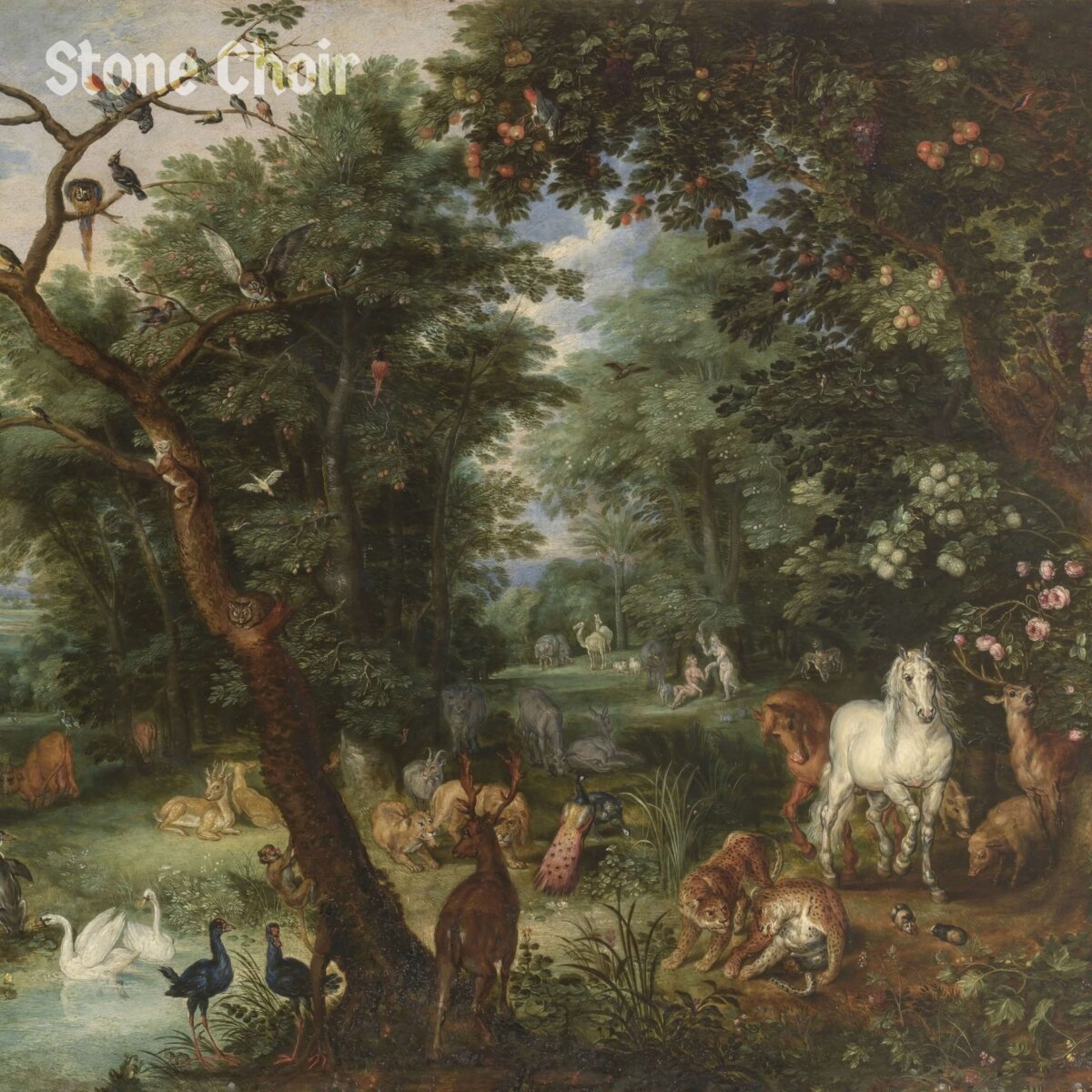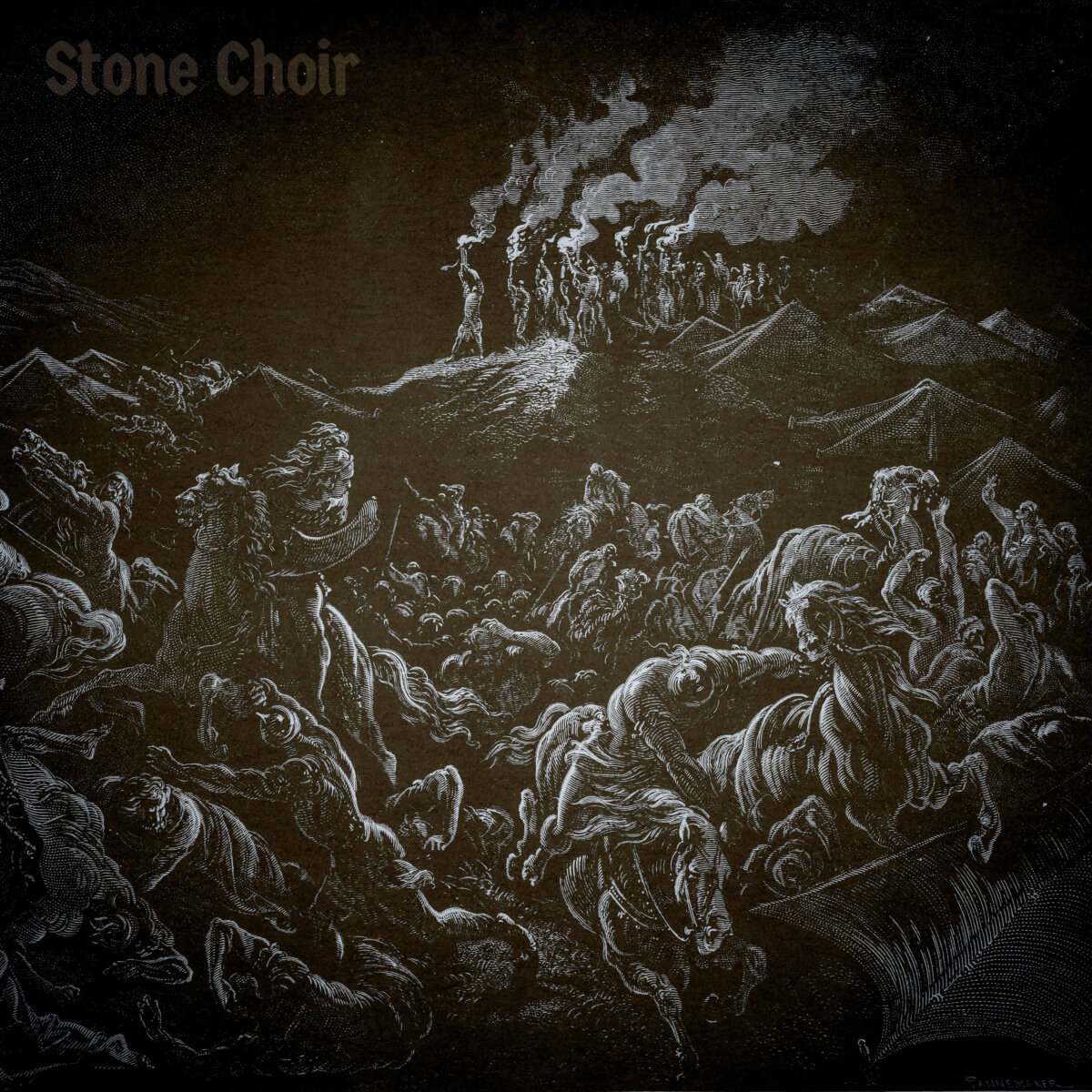The Magdeburg Confession
Podcast: Play in new window | Download (Duration: 1:37:01 — 186.8MB) | Embed
Subscribe: Apple Podcasts | Spotify | Amazon Music | Youtube Music | More
Hosts

Corey J. Mahler

There is no blanket Christian duty to submit to wrongful authority; in fact, under certain circumstances, the Christian may even have an affirmative duty to resist the tyrant — even the tyrant who may claim to be a Christian himself. The Magdeburg Confession serves as a foundational document (arguably second only to Scripture) on the Doctrine of the Lesser Magistrate and Christian resistance to tyranny. For the Christian, the question is twofold:
- When is it moral to resist the higher authority?
- When is it wise to resist the higher authority?
It is incumbent on Christian men to consider these matters, for we have duties to those above us and to those below us (if any) in the social and political hierarchy. The Magdeburgers had to work through these issues while watching an imperial army make ready a siege that would eventually last more than a year and claim thousands of lives (mostly on the imperial side); we would do well to think through these matters now, while we yet enjoy relative peace.
Show Notes
- The Magdeburg Confession [Amazon]
- Romans 13
See Also
Further Reading
Parental Warnings
None.
Support the Podcast
Comments?
Join the discussion on Telegram, visit the feedback form or comment below.


